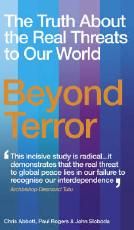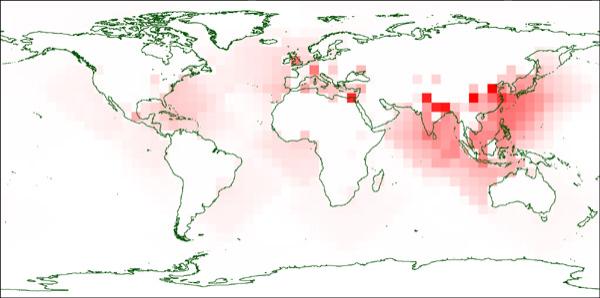May 4, 2007
US flu control strategy flaws and suggested improvements
Posted by Brian Wang in categories: biological, defense, existential risks
In a report to be published in the peer-reviewed journal PLoS Computational Biology and currently available online, Sally Blower, a professor at the Semel Institute for Neuroscience and Human Behavior at UCLA, and Romulus Breban and Raffaele Vardavas, postdoctoral fellows in Blower’s research group, used novel mathematical modeling techniques to predict that current health policy — based on voluntary vaccinations — is not adequate to control severe flu epidemics and pandemics unless vaccination programs offer incentives to individuals.
According to the researchers, the severity of such a health crisis could be reduced if programs were to provide several years of free vaccinations to individuals who pay for only one year. Interestingly, however, some incentive programs could have the opposite effect. Providing free vaccinations for entire families, for example, could actually increase the frequency of severe epidemics. This is because when the head of the household makes a choice — flu shots or no flu shots — on behalf of all the other household members, there is no individual decision-making, and adaptability is decreased.
While other models have determined what proportion of the population would need to be vaccinated in order to prevent a pandemic, none of these models have shown whether this critical coverage can actually be reached. What has been missing, according to Blower, a mathematical and evolutionary biologist, is the human factor.
Continue reading “US flu control strategy flaws and suggested improvements” »










